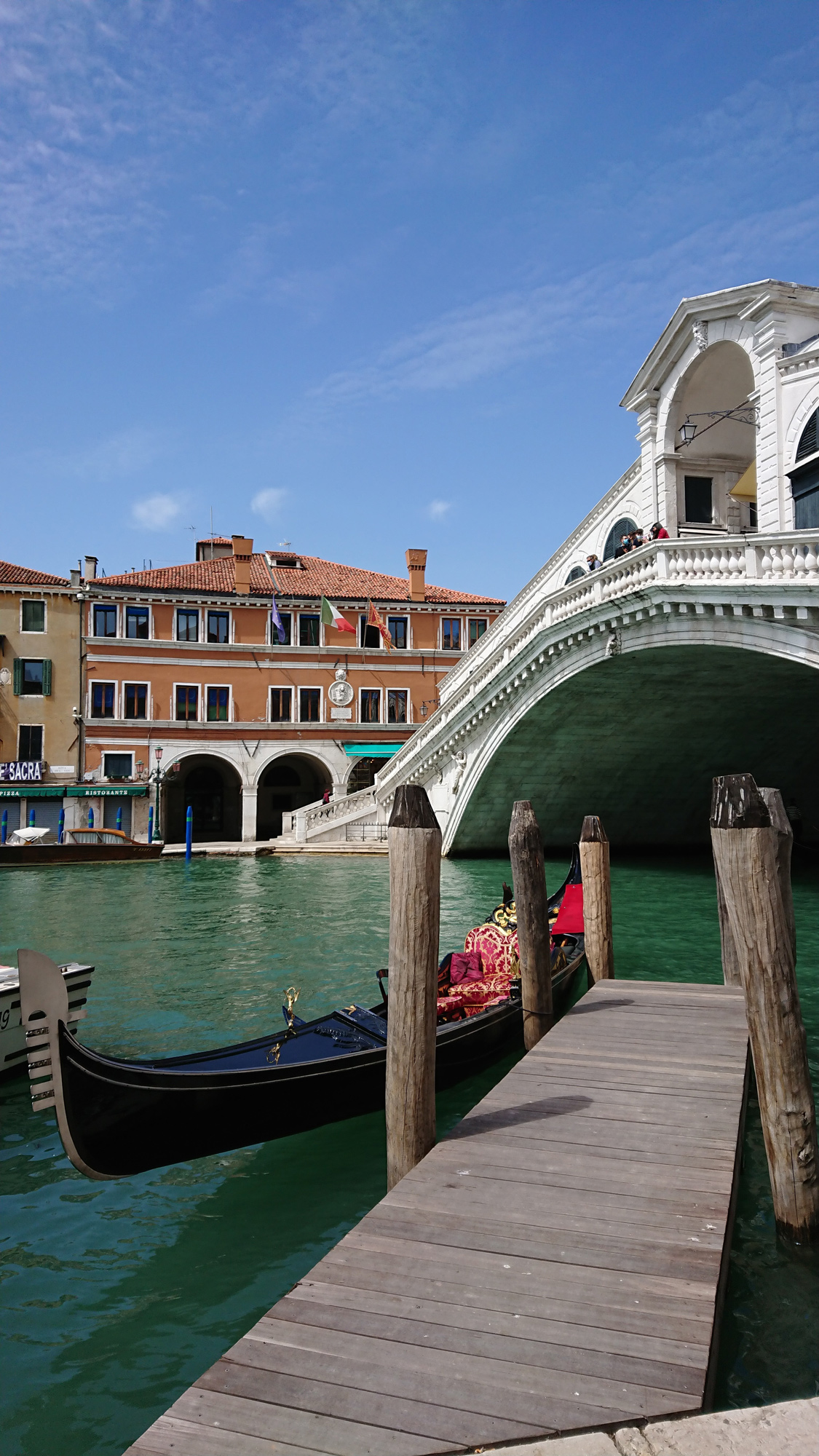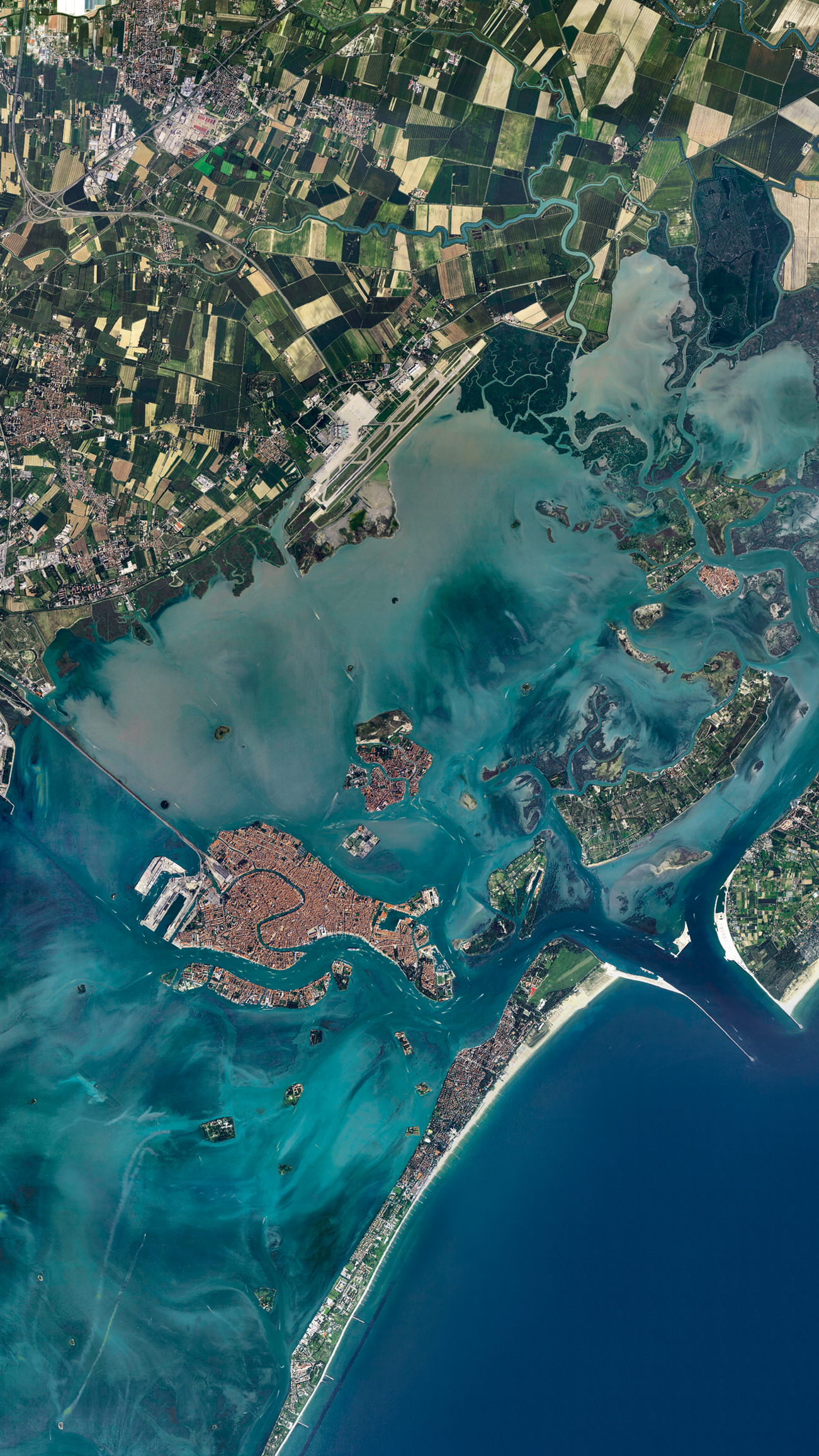CORILA has carried out and still performs a consultancy role to MIUR on the issue of safeguarding Venice, supporting the Minister from a technical-scientific point of view in the meetings of the Steering and Control Committee and preparing the responses to requests that reach the Ministry from the same Committee.
Published on 16-06-2021
CORILA was established in May 1998,
on the proposal of the MIUR and on the recommendation of the Steering and Control Committee pursuant to Article 4 of the Special Law for Venice n. 798/84 (Meeting of 02/27/1997).
CORILA’s activities actually started in 1999 and during the year 2000 CORILA established itself in Venice, Palazzo Franchetti, a prestigious building on the Canal Grande owned by the Veneto Institute of Sciences, Letters and Arts.
The Steering and Control Committee, in the years 1998 and 2001, approved the allocation to CORILA of funds under the Special Law for Venice (about 12 million Euros), to carry out research projects that lead to concrete results that can be used by the public Administrations in activities related to the Safeguard of Venice.
CORILA has therefore developed two successive research programs, in which over 300 researchers from more than 80 scientific institutions took part, of which about twenty were foreign. The results of the research have been presented in reports to Parliament and on many public occasions, as well as in scientific conferences, even in prestigious foreign locations, such as NASA in Washington and the UN in Geneva, resulting in over 700 scientific publications.
In addition to the promotion and coordination of research activities
Since 2004, CORILA has been carrying out delicate and complex technical-scientific services for Public Administrations, stipulating collaboration agreements with the Venice Water Authority (Ministry of Sustainable Infrastructure and Mobility), the Veneto Region, APAT (today ISPRA), the ARPAV, the Municipality of Venice, the Port Authority of Venice. The most important was the extensive monitoring program of the effects of construction sites on the environmental matrices and on the economy of the sectors potentially impacted by the execution of the tide regulation works at the inlets of the Venice lagoon (MOSE), on behalf of the Provveditorato Interregionale per le OO.PP. Veneto – Trentino Alto Adige – Friuli Venezia Giulia, formerly the Venice Water Authority, through its concessionaire Consorzio Venezia Nuova. The monitoring ended in 2019.
In November 2006 CORILA represented the MIUR at the “technical table” set up at the Presidency of the Council of Ministers which established, with the essential support of CORILA scientists, the ineffectiveness of alternative proposals to MOSE and allowed the definitive judgment of technical suitability by the Italian Government. In 2007 the Venice Water Authority commissioned CORILA to draw up the Morphological Plan of the Venice lagoon, approved by the Provveditorato Interregionale per le OO.PP. Veneto – Trentino Alto Adige – Friuli Venezia Giulia on 22/12/2021.
Between 2011 and 2015, CORILA carried out monitoring activities for the definition of the ecological status of the Venice lagoon pursuant to the European Directive 2000/60/EC, on behalf of the Veneto Region and ARPAV.

Since 2009, two new research programs have been carried out, one on behalf of the Venice Water Authority and, in 2010, on behalf of the Veneto Region, aimed at acquiring new knowledge for the protection of the Venice lagoon, drainage basin and the connected coastal system, in the context of climate change, mitigation and adaptation measures and the evolution of land uses.
CORILA, in the context of the “Grandi Navi” problem, contributed, in 2014, to the observations presented by the Municipality of Venice on the Environmental Impact Study of the adaptation by waterway of access to the Venice maritime station (Contorta Sant’Angelo canal), carrying out a critical analysis of the hydro-morphological study and of the ecological effects related to the implementation of the project. In order to have a more complete and detailed picture of the areas of the lagoon affected by possible interventions, as discussed in the “technical table” of the “Comitatone” which met in 2014, CORILA has launched specific cognitive activities, on the recommendation of the Port Authority.
In 2012-2016 CORILA participated in RITMARE, a Flagship Project on the sea funded by the Ministry of University and Research, drafting the overall project of the Lagoon Observation System, SOLVE, and creating some “demonstration modules”.
Since 2004, CORILA has been involved in European research projects, from the FP7 Program to the H2020, to other Interreg IT-HR, Interreg IT-SL Interreg ADRION, DG MARE, DG ENV and LIFE programs. Since 2008 the director of CORILA is a national expert, appointed by the Minister of Education, University and Research, in the Program Committee of the European initiative Horizon 2020 – SC2 “Food security, sustainable agriculture and forestry, marine and maritime and inland water research and the bioeconomy ”, he is also a member of the Executive Committee of the Management Board of the European joint research planning initiative – JPI Healthy and Productive Seas and Oceans, representing the Italian government and the Steering Committee of the BLUEMED Initiative.
In 2019 CORILA launched an extensive three-year research program, funded by the Provveditorato alle OO. PP. del Triveneto through the Consorzio Venezia Nuova, called “Venezia2021”. The title intends to refer to the situation that will occur at the end of the construction of the mobile barriers at the inlets, when the lagoon system of Venice will become the first “regulated” lagoon to give such a large scale in the world, being able to modulate the exchanges of water between the lagoon and the sea. The research program involves all CORILA Member Bodies together with some other scientific collaborations and is divided into five themes and fifteen Lines, each directed towards specific objectives. Together, they intend to provide the managing bodies, whatever the form that the management will take, the cognitive tools to understand the short, long and medium term effects of the tide regulation activity, addressing any additional measures where appropriate and possible. mitigation.
CORILA has promoted and supports the establishment of the LaguNet scientific society, an Italian scientific network for the study of lagoons and transition environments, which is based at CORILA. It supports the Italian section of EUCC- Coastal & Marine Union, the main European NGO engaged in coastal defense.
Since 2010, CORILA has been a focal point for the Municipality of Venice in the UNISDR “Making cities Resilient” campaign.
Since 2014 CORILA has been part of the Venetian Research and Innovation District (DVRI) and of the Transport Cluster Association



